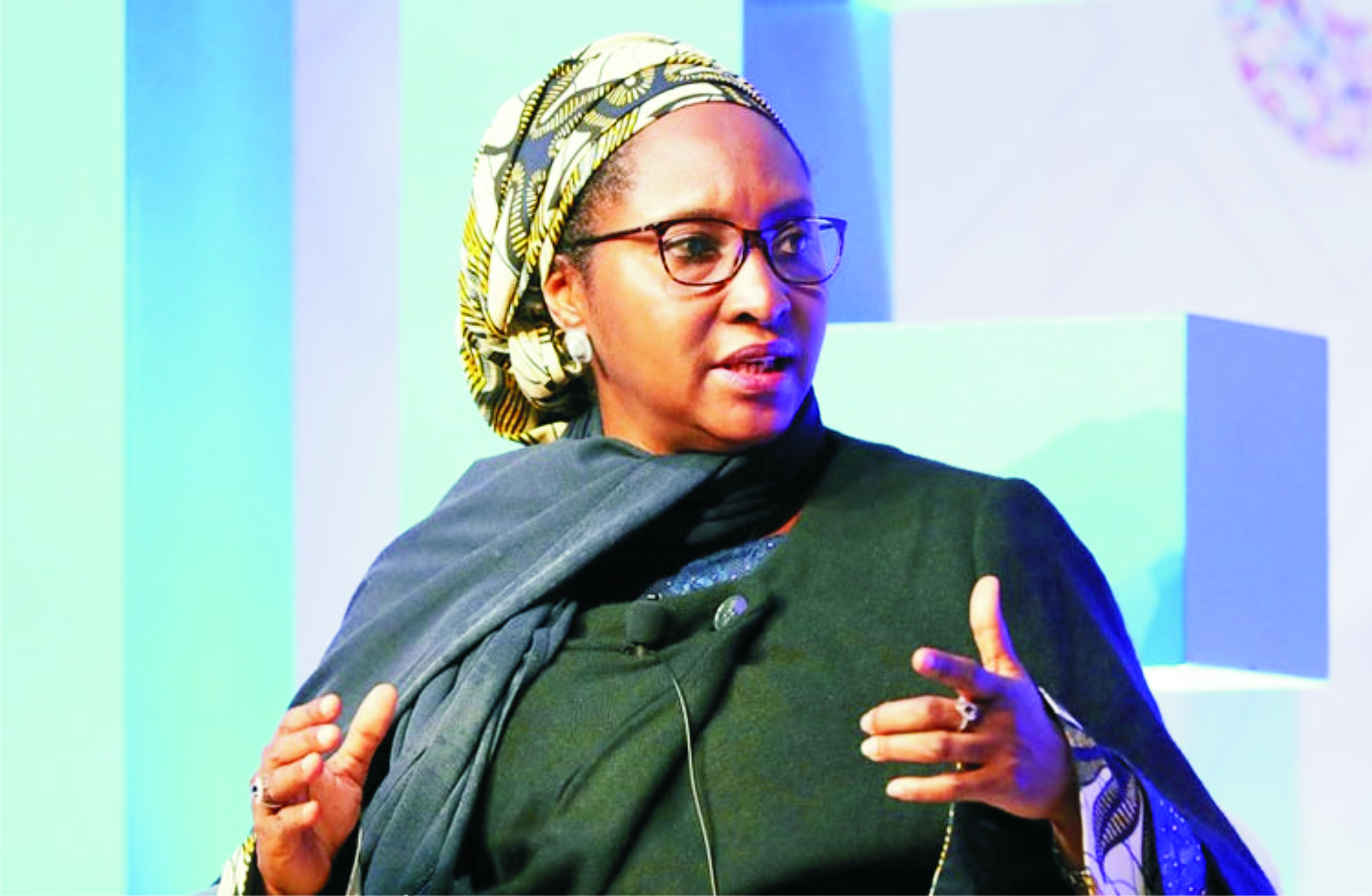Business
Nigeria’s Economy Fragile Before COVID-19 Pandemic –Finance Minister

The Minister of Finance, Budget and National Planning, Zainab Ahmed, has said that prior to the outbreak of the coronavirus pandemic, the Nigerian economy was already fragile.
She said this in a statement issued by her Special Adviser on Communication, Mr Yunusa Abdullahi, on Monday in Abuja.
Ahmed, according to the statement, said this during her meeting with the leadership of the National Assembly where she spoke on implications of the global economic crisis on Nigeria.
The coronavirus pandemic had led to unprecedented disruptions to global supply chains, a sharp drop in global crude oil prices, turmoil in global stock and financial markets, the lockdown of large swath movements of persons in many countries, among others.
These outcomes have had severe consequences on households’ livelihoods and business activities, resulting from drop in global demand, declined consumer confidence and slowdown in production.
But the finance minister said that prior to the outbreak which had led to decline in crude oil prices, the Nigerian economy was already fragile, vulnerable and deteriorating.
She said the global economic downturn had forced international oil prices to drop to as low as $22 per barrel.
The minister said international travels and trade had been severely disrupted, while demand for goods and services is deteriorating as a result of the social distancing policies.
This, she said had led to financial markets uncertainty which had resulted into capital flows’ reversal from emerging and frontier markets such as Nigeria.
She said, “Increasing pressure on the naira and foreign reserves as the crude oil sales receipts decline and the macroeconomic outlook worsens.
“Central Bank of Nigeria, just as in other countries, has resorted to quantitative easing, by reducing interest rates to support economic activity and governments announcing fiscal stimulus plans for healthcare and social safety nets.”
She said the government was working on a fiscal stimulus package to cushion the impact of the crisis on the most vulnerable individuals and communities.
Business
AFAN Unveils Plans To Boost Food Production In 2026
Business
Industrialism, Agriculture To End Food Imports, ex-AfDB Adviser Tells FG
Business
Cashew Industry Can Generate $10bn Annually- Association
-
Rivers12 hours ago
Rivers Police Commissioner Condemns Vigilante Group Over Aluu Attack
-
Business12 hours ago
Industrialism, Agriculture To End Food Imports, ex-AfDB Adviser Tells FG
-
Politics13 hours ago
Bayelsa APC Endorses Tinubu For Second Term
-
Rivers12 hours ago
KALCCIMA Inaugurates New Executive Council … Pledges Renewed Drive For Kalabari Economic Growth
-
Business13 hours ago
Cashew Industry Can Generate $10bn Annually- Association
-
Politics13 hours ago
Datti Baba-Ahmed Reaffirms Loyalty To LP, Forecloses Joining ADC
-

 Politics12 hours ago
Politics12 hours agoEFCC Alleges Blackmail Plot By Opposition Politicians
-
Women13 hours ago
Who Is A Classic Woman?

